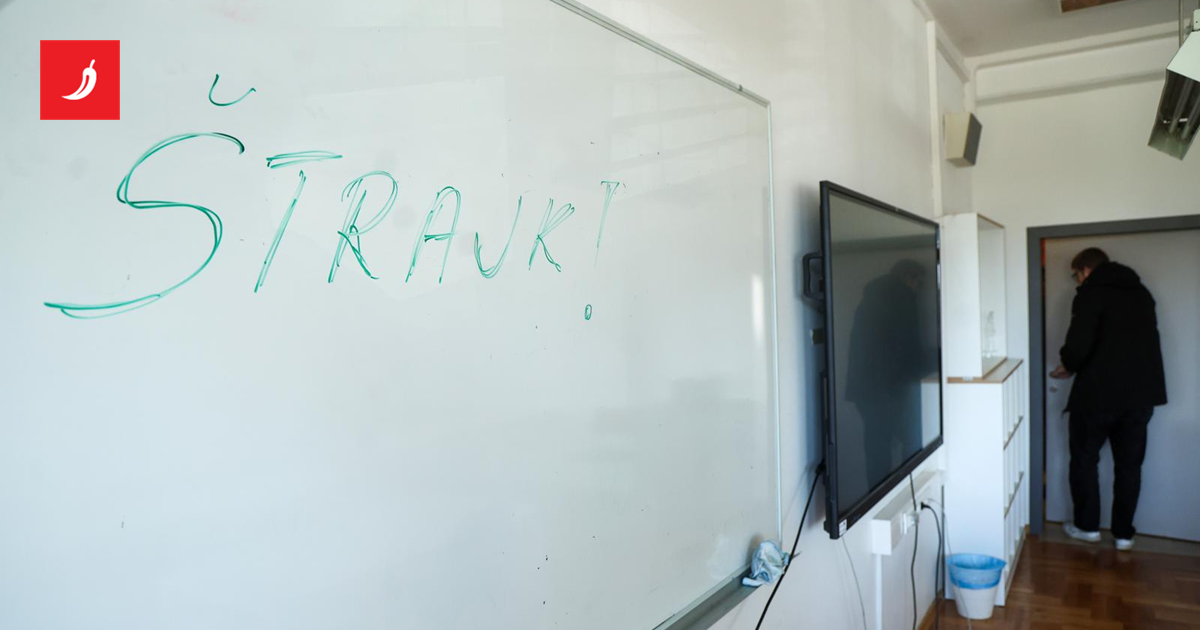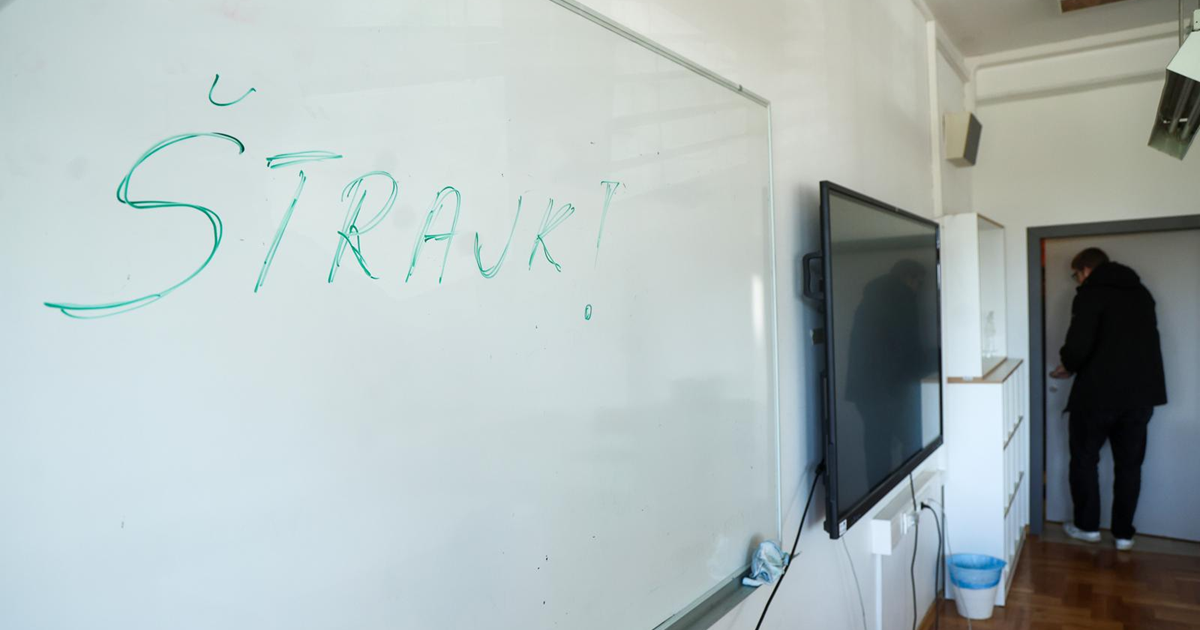Educational unions in Croatia have announced a strike in high schools during the week of grade finalization and state exams. The union membership among high school teachers showed just over 50% readiness to participate in the strike, while employees in primary schools mostly declined to participate. The unions emphasize that the strike is due to a lack of dialogue with authorities and the unpreparedness of educational reforms, especially in vocational schools. Union leaders stress that if no agreement is reached, the strike will take place in the second week of June, and employees in science and higher education may also join. The government is accused of pushing for more radical actions and ignoring problems in education.
Political Perspectives:
Left: Left-leaning outlets emphasize the unions’ demands for better working conditions, the importance of dialogue with the government, and criticize the government’s neglect of education reforms. They highlight the unions’ concerns about the rushed and unprepared implementation of modular teaching in vocational schools and support the strike as a legitimate form of protest.
Center: Centrist sources report the facts of the strike announcement, the percentages of union members willing to participate, and the government’s position. They present both sides, noting the unions’ grievances and the government’s stance, focusing on the impact on students and the education system without strong bias.
Right: Right-leaning media may focus on the disruption caused by the strike, emphasizing the negative impact on students and parents during critical exam periods. They might criticize the unions for radical actions and stress the need for educational reforms to proceed without delays, portraying the government as trying to maintain order and progress.






































